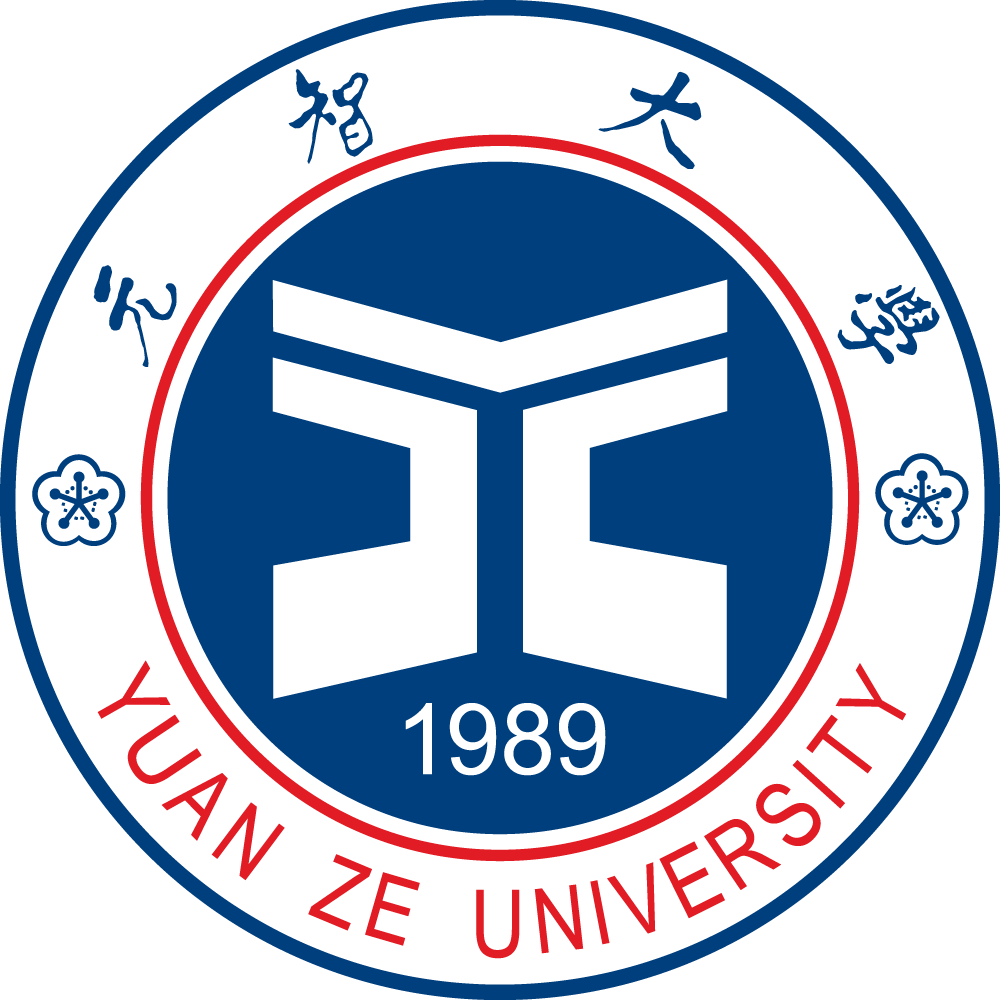School of Biotechnology and Bioengineering
Research Field
Prof. John Chi-Wei Lan received his Ph.D in the School of Chemical Engineering from University of Birmingham (UK) in 2000. His doctoral research was dedicated to develop an efficient process to recovery of C595 diabody from fermentation broth using expanded bed technique in large scale production. He was a post-doctoral researcher at Academia Sinica (Taiwan) to work on bioprocessing design of feed-enzyme production from 2000 to 2003. He was also a research fellow in Yamaguchi University (Japan) and Industrial Technology and Research Institute (ITRI, Taiwan), respectively, before he joined Yuan Ze University (YZU) in 2007. Prof. Lan currently serves as Chair and Professor in the Department of Chemical Engineering and Materials Sciences at YZU and also the Vice-President of Biotechnology and Biochemical Engineering Society of Taiwan(BEST). Prof. Lan is an ample experience researcher in respect of involving design and construction of industrial plant and very active in collaboration between academia and industrial partners. His current research focuses upon process integration for bio-based chemicals production from waste biomass/industrial feedstocks.
Biorefinery and Bioprocess Engineering Laboratory
The Biorefinery and Bioprocess Engineering Laboratory at Yuan Ze University is dedicated to advancing sustainable and innovative solutions for renewable resource utilization. Our research focuses on developing cutting-edge bioprocesses for converting biomass into high-value biofuels, biochemicals, and biomaterials. By integrating principles of biochemical engineering, process optimization, and life cycle assessment, we aim to contribute to a sustainable bioeconomy.
Key areas of expertise include:
- Biorefinery technologies: Harnessing microbial and enzymatic systems for efficient biomass conversion.
- Bioseparation processes: Designing novel strategies for the recovery and purification of bioproducts.
- Biochemical engineering: Exploring metabolic engineering and process intensification for enhanced bioprocess efficiency.
Our laboratory is equipped with state-of-the-art facilities, enabling comprehensive studies from bench-scale experiments to pilot-scale applications. Collaborating with academic and industrial partners, we strive to bridge the gap between research and practical implementation, fostering innovation in green and sustainable technologies.
Biorefinery, Bioseparation and Biochemical Engineering
第20屆(2022)有庠基金會傑出教授獎, 2017年亞太優秀青年生物科技工程師獎
Ph.D., Chemical Engineering, University of Birmingham, U.K.
2 Vacancies
Job Description
Skills and Knowledge:
- Basic understanding of microbiology and bacterial growth processes.
- Familiarity with programming languages such as Python or R.
- Interest in learning and applying AI and machine learning techniques.
- Strong analytical and problem-solving skills.
- Ability to work both independently and as part of a team.
Preferred Intern Education Level
Currently enrolled in a bachelor’s (junior or senior year), master’s, or Ph.D. program in Microbiology, Bioinformatics, Data Science, Computer Science, Biotechnology, or a related field.
Skill sets or Qualities
- Basic understanding of microbiology, bacterial growth, or related biological concepts.
- Familiarity with programming languages like Python, R, or MATLAB.
- Exposure to data analysis tools and techniques, including Excel, Pandas, or NumPy.
- Basic knowledge of machine learning concepts or AI tools (e.g., TensorFlow, Scikit-learn).
- Experience with visualization tools like Matplotlib, Seaborn, or similar.
